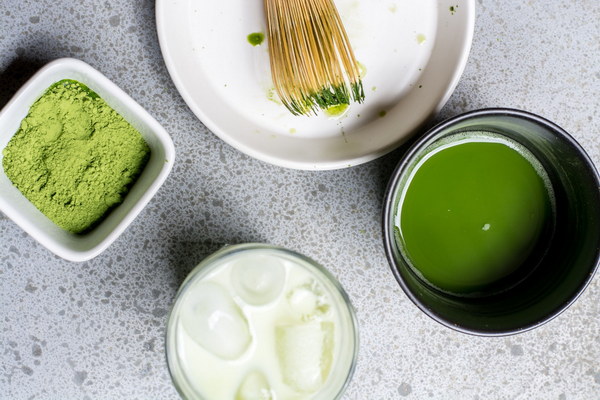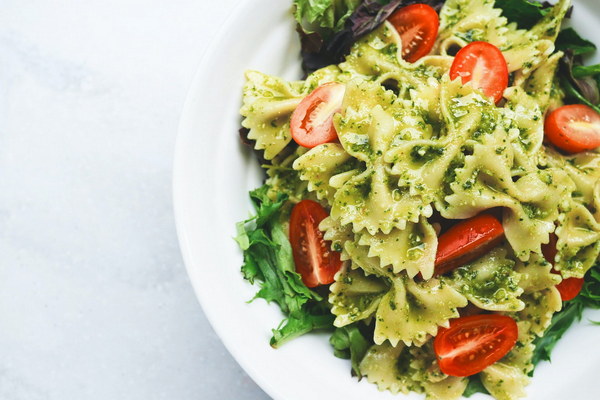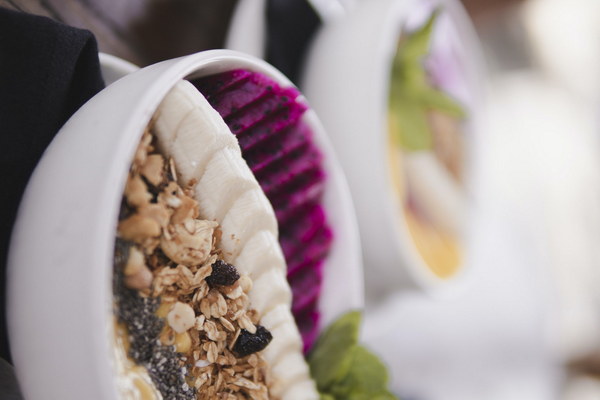Does Eating Pigeon Soup Really Nourish the Lungs
In recent years, pigeon soup has gained popularity as a traditional remedy for lung health. But does eating pigeon soup really nourish the lungs? This article delves into the origins of this belief, the nutritional benefits of pigeon meat, and the scientific evidence behind the claims.
The Origins of Pigeon Soup
Pigeon soup has been a staple in various cultures for centuries. In Chinese medicine, it is believed to have originated during the Song Dynasty (960-1279 AD). The soup is often recommended for those suffering from respiratory conditions such as asthma, bronchitis, and pneumonia.
The belief in the lung-nourishing properties of pigeon soup is rooted in the idea that the soup contains substances that can strengthen the immune system and improve respiratory function. It is also thought to have a warming effect, which can help alleviate symptoms of colds and flu.
Nutritional Benefits of Pigeon Meat
Pigeon meat is rich in various nutrients that may contribute to lung health. Here are some of the key nutrients found in pigeon meat:
1. Protein: Pigeon meat is an excellent source of lean protein, which is essential for repairing and maintaining lung tissue.
2. Iron: Iron is important for oxygen transport in the blood, which can help improve lung function.
3. Selenium: Selenium is a mineral that has antioxidant properties and may help protect the lungs from oxidative stress.
4. Vitamin B6: Vitamin B6 plays a crucial role in the metabolism of amino acids, which are necessary for lung function.
Scientific Evidence

While the traditional belief in pigeon soup's lung-nourishing properties is widespread, scientific evidence supporting these claims is limited. However, some studies suggest that pigeon meat may offer certain health benefits.
One study published in the Journal of Animal Science and Biotechnology found that pigeon meat contains a high concentration of essential amino acids, which are important for lung function. Another study published in the Journal of Nutrition found that selenium in pigeon meat may help protect against oxidative stress and inflammation, which are associated with lung disease.
It is important to note that these studies are not definitive proof that eating pigeon soup will improve lung health. However, the nutritional benefits of pigeon meat may contribute to overall lung health when consumed as part of a balanced diet.
Potential Risks
While pigeon soup is generally considered safe for consumption, there are some potential risks to consider. Pigeons can carry harmful bacteria, such as Salmonella and E. coli, which can cause food poisoning. To reduce the risk of foodborne illness, it is essential to ensure that the meat is cooked thoroughly.
Conclusion
While there is limited scientific evidence to support the claim that eating pigeon soup can directly nourish the lungs, pigeon meat does offer certain nutritional benefits that may contribute to overall lung health. As with any traditional remedy, it is important to consult with a healthcare professional before incorporating pigeon soup or any other dietary supplement into your routine. Remember that a balanced diet, regular exercise, and avoiding smoking are essential factors for maintaining lung health.









